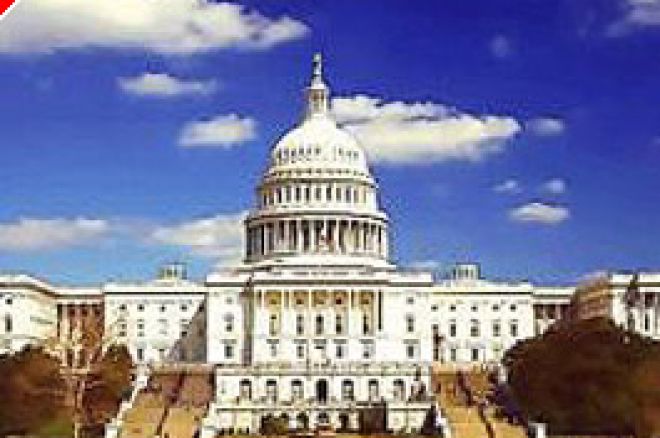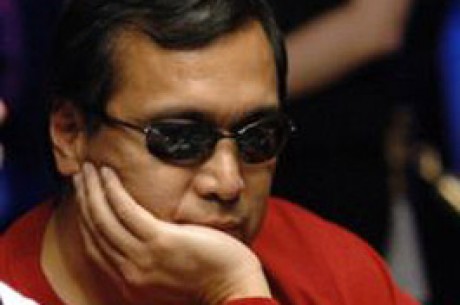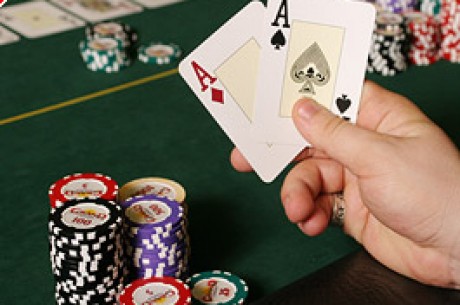Federal Anti-Gambling Legislation Formally Opposed by Independent Bankers

Yesterday's Wall Street Journal reported that the Independent Community Bankers of America, consisting of about 5,000 smaller banks, formally opposes the Internet Gambling Prohibition and Enforcement Act that is now under negotiation at the federal level. The announcement confirmed what's been widely known for some time --- most components of the U.S. banking industry are less than enthused about the enforcement and regulatory role they would be mandated to perform under the various forms of the Goodlatte/Leach/Kyl measures now being considered.
As expected, the ICBA's stance pointed out that enforcement of the measure, as currently created, would be difficult, if not impossible. The key element is the nature of online transactions and transfers themselves, which are coded and designed for accuracy, not to identify certain categories of transactions which may or may not indicate that the transaction was connected to online gaming.
"It's very tempting to think the banking industry can stop this kind of stuff because people pay for it through banks, but the fact is the system just wasn't really designed to do it," according to Steve Verdier, the ICBA lobbyist quoted in the WSJ article. Verdier's quote points out one of the major flaws in the legislation's plan, that it would be yet another unfunded federal mandate of significant cost to the banking industry, one that would also rob the industry of resources better used elsewhere, such as helping flag monies used for terrorist financing.
In addition, the article touches on the other big gap in the legislation, that most transfers connected to online gaming go to third-party "online wallet" services (Neteller, Firepay, Click2Pay, etc.), rather than directly to gaming concerns. Short of outlawing all transfers to all third-party services (despite whatever other non-gaming purposes these services also provide), the proposed U.S. federal legislation offers no viable alternative for forcing these offshore providers to comply. In a worst-case scenario, this puts the burden on the U.S. banks, forcing them to play a never ending game of "Whack-a-Mole" against any and all services presumed to be used for online gaming, or for the government to enact related legislation authorizing all online financial transactions only through a recognized U.S.-based service (e.g.: eBay's PayPal service), surely a draconian step.
Needless to say, the banking industry isn't pleased. Not only is the current system not set up to identify transactions in the manner desired by the anti-online-gambling proponents, but the sheer number of transactions that would need to be screened manually under the new system promises an informational and financial overload. According to Laura Fisher, a spokesman for the larger American Banker's Association, "You are talking about manually checking 40 billion checks a year for the payee and making an assessment of whether it's for an Internet gambling site or restaurant."
As for the ICBA, its own position paper on the topic is available through their website, at icba.org. The document stresses the three key points which remain unresolved in all current forms of the proposed legislation:
1) The bill would create an "impossible compliance burden" for uncoded banking transactions;
2) The bill threatens to subject banks related processors to criminal liability merely for pursuing their core enterprise, that of processing financial transactions;
3) The bill could subject banking concerns to inconsistent state and national standards.
While the ICBA joins the U.S. Chamber of Commerce in formally opposing the legislation, it still remains to be seen exactly what the stance of America's banking big power, the ABA, remains to be seen. Obviously, as indicated by the ABA spokesperson's quote above, any formal position is likely to be against the legislation as currently envisioned. The ABA's efforts continue to be toward automation and streamlining of a process that, as noted above, now runs into the billions of transactions.
Evidence of the ABA's own aims can be seen in a lobbying push only nominally connected to the anti-gambling matter, wherein the ABA has urged Congress to allow for exemptions of the long-standing "$10,000 limit" (requiring reporting of any transactions in excess of this amount to the government) for a class described as "seasoned business customers." Such an exemption would eliminate some 13 million transactions from the manual-processing queues, and that number pales in comparison to the "40 billion" number quoted above. In defense of the proposed exemption, the ABA notes that most criminals have developed their own workarounds, anyway, and that the artificial barrier simply mandates a fixed amount of banking resources that, again, would be more efficiently used elsewhere.
If only the anti-gambling forces had the skill to separate and extrapolate the realities of business from their own visions and dreams, they'd understand the ultimate futility of their efforts. Walls can be built, but even the strongest walls are stationary, and the modern ineffectiveness of the "$10,000 limit" is but another example.
One of the truest measures of a bad law is how much extra it costs its society to create compliance, compared to the relative social gain it's intended to produce. In the anti-gambling debate, we could be facing one of the worst laws ever.








